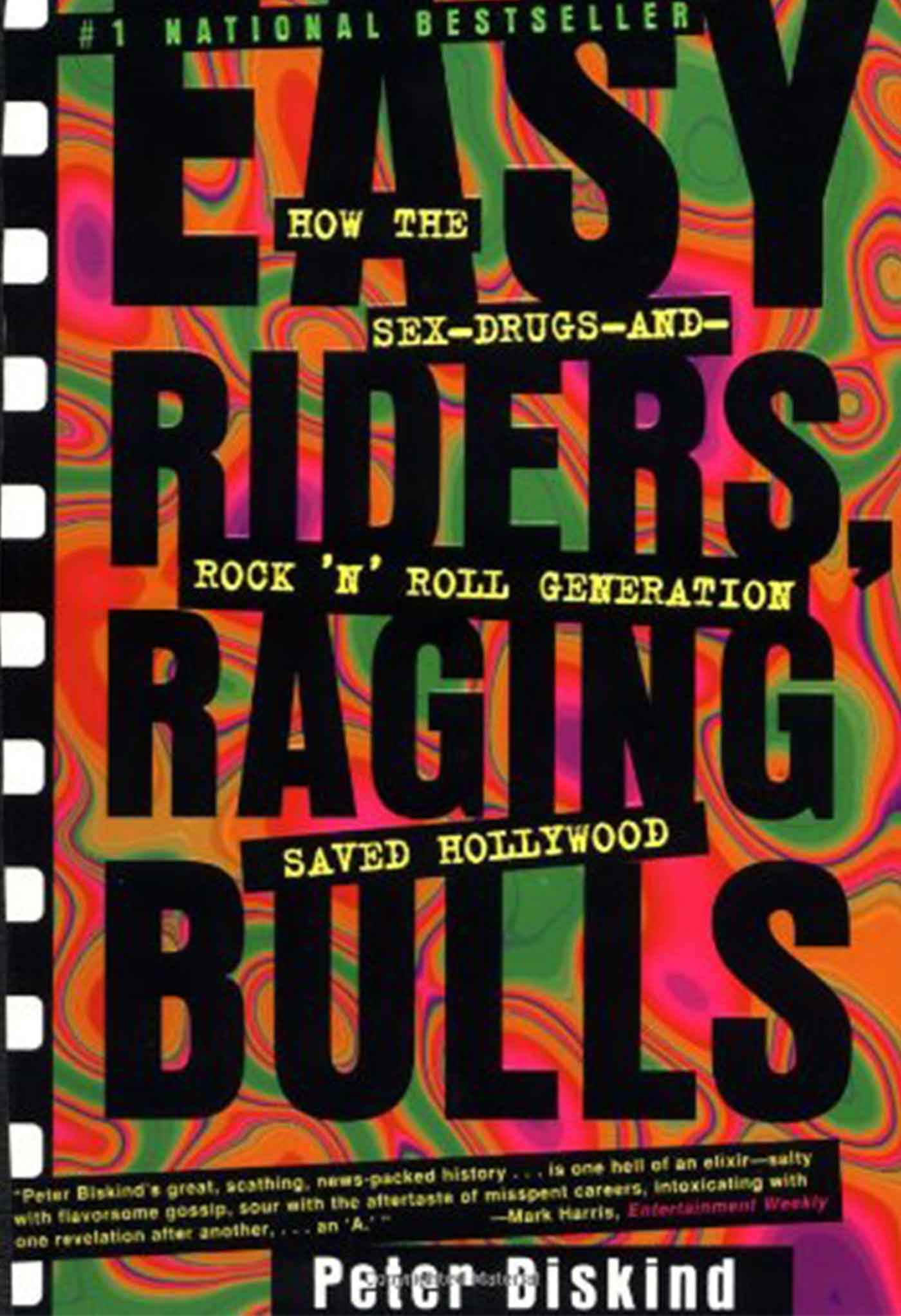
It adds nothing to the story of the, ‘ New Hollywood’, and doesn’t really tell us a great deal about a very sick minded man – a murderer who killed himself soon after the deed. The nadir is reached with the explicit and sickening details of the murder of Dorothy Stratten, Peter Bogdanovich’s then-partner, by her ex-lover. Much of the text revolves around remarkably similar tales of excess, which are piled on top of each other to the point of ennui – and somehow the feeling is that the author revels in it all. Now I think that’s meant to be a recommendation – but in my view, it’s where eventually the book and the author go wrong. However if there’s another view to consider then it might be that of The Times which refers to the fact that the book is, ‘ Brimming with snippets of very juicy gossip’. Peter Biskind is a writer whose published work looks mainly at the film industry, ‘ Easy Riders, Raging Bulls – How the Sex ‘n’ Drugs ‘n’ Rock ‘n’ Roll Generation Saved Hollywood’, was first published in 1998 and is considered by such as Esquire magazine to be, ‘ The seminal account of one of the strangest most exciting decades in American cinema history’. That said don’t let me put you right off, but be warned the magic will be severely tarnished! Why do people go see them? Why is the public so stupid? That's not my fault.If, as I do, you love the American cinema of the 70s then you may not want to read this book, you may not even want to read this article. GEORGE LUCAS ON STAR WARS: "Popcorn pictures have always ruled. There was no cocaine before Easy Rider on the street. MARTIN SCORSESE ON DRUGS: "I did a lot of drugs because I wanted to do a lot, I wanted to push all the way to the very very end, and see if I could die."ĭENNIS HOPPER ON EASY RIDER: "The cocaine problem in the United States is really because of me.



Easy Riders, Raging Bulls follows the wild ride that was Hollywood in the '70s - an unabashed celebration of sex, drugs, and rock 'n' roll (both onscreen and off) and a climate where innovation and experimentation reigned supreme.īased on hundreds of interviews with the directors themselves, producers, stars, agents, writers, studio executives, spouses, and ex-spouses, this is the full, candid story of Hollywood's last golden age. This was an age when talented young filmmakers such as Scorsese, Coppola, and Spielberg, along with a new breed of actors, including De Niro, Pacino, and Nicholson, became the powerful figures who would make such modern classics as The Godfather, Chinatown, Taxi Driver, and Jaws. When the low-budget biker movie Easy Rider shocked Hollywood with its success in 1969, a new Hollywood era was born.


 0 kommentar(er)
0 kommentar(er)
